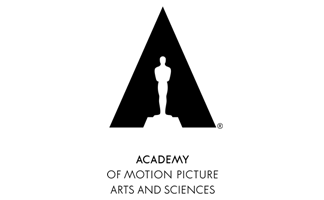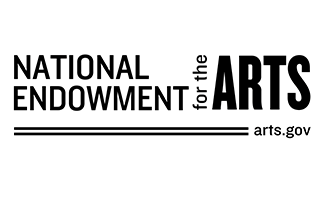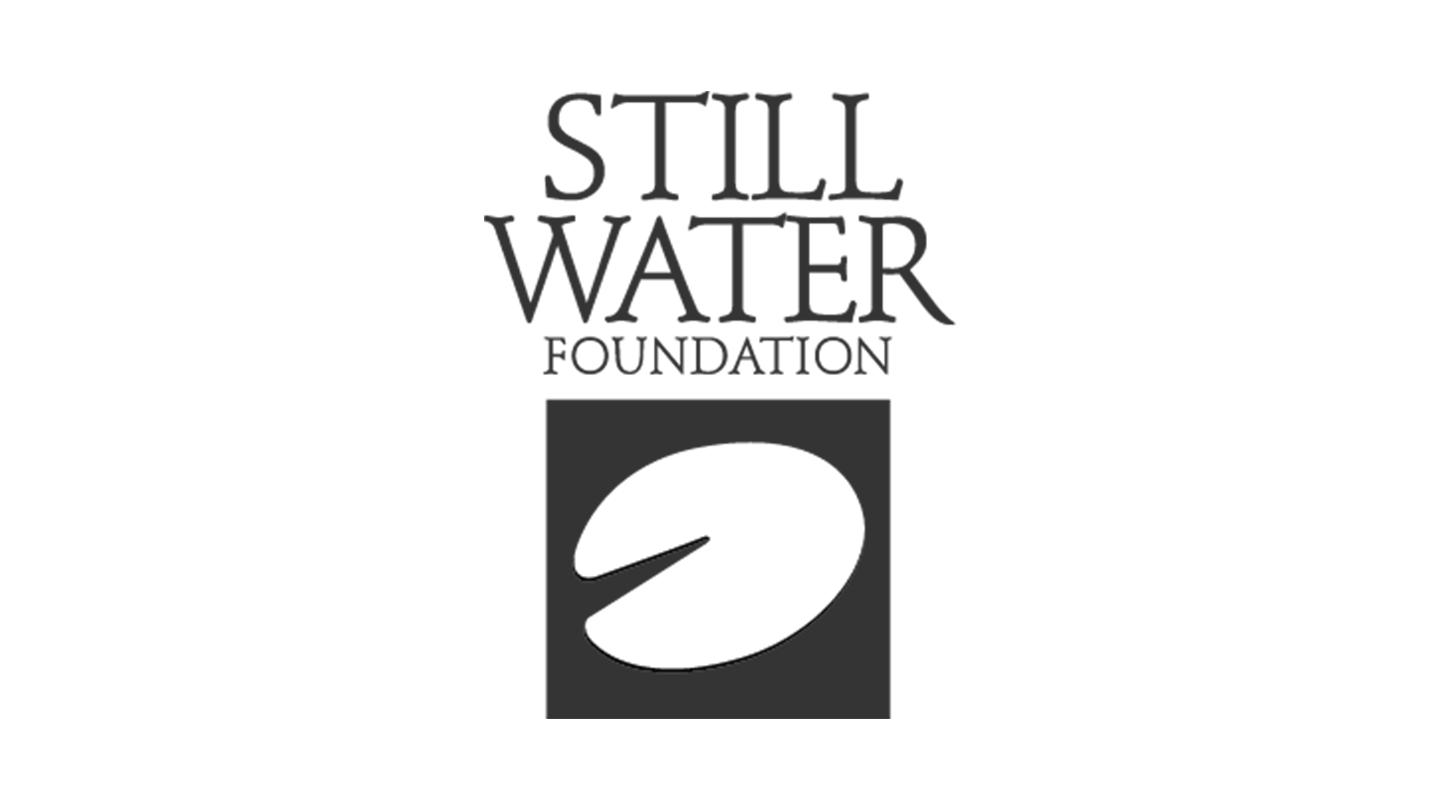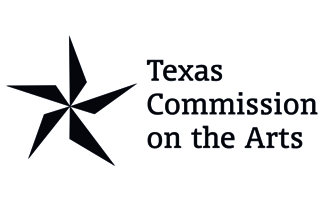Austin Film Society Presents Works by Bill Morrison for its January/February 2022 Essential Cinema Series – Bill Morrison in person at select screenings
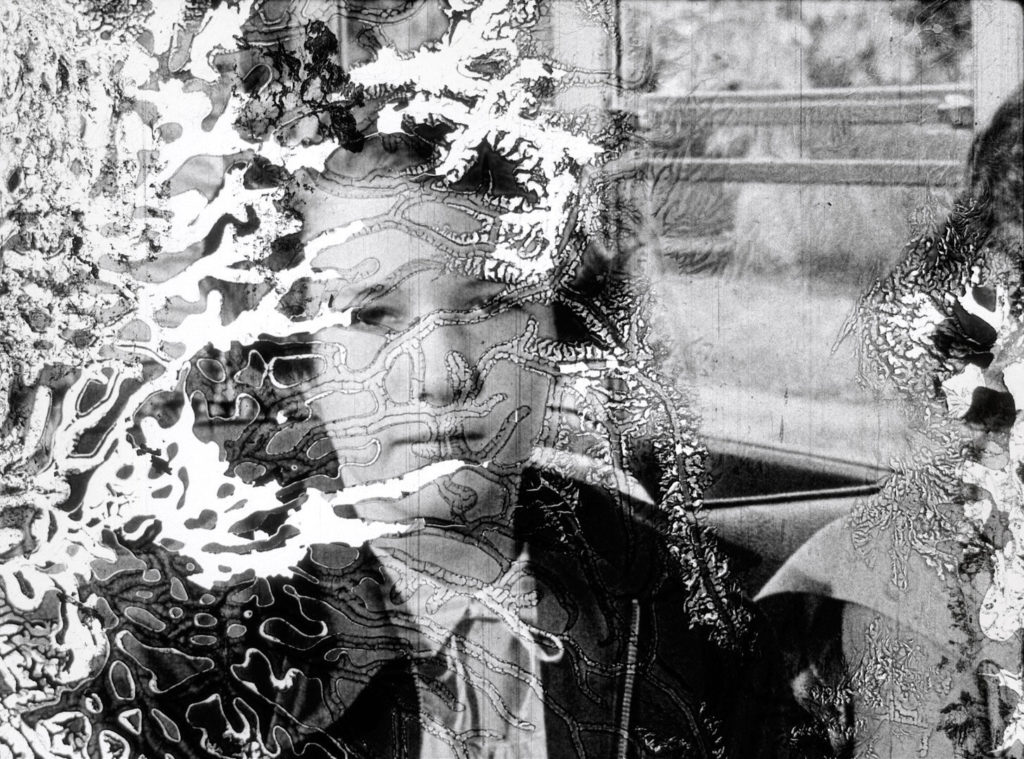
(Still from Bill Morrison’s Decasia)
MEDIA CONTACT
Brady Dyer, Communications Manager
brady@austinfilm.org
Austin Film Society and UT’s Visual Arts Center Present Works by Bill Morrison for its January & February 2022 Essential Cinema Series,
Bill Morrison in person at select screenings
January 20 – February 10, at the AFS Cinema
November 22, 2021 (AUSTIN, TX)—The Austin Film Society, in partnership with The University of Texas at Austin Visual Arts Center (VAC), announces that it will feature the work of renowned contemporary filmmaker Bill Morrison for its January & February 2022 Essential Cinema series, with Bill Morrison appearing in person at select screenings. One of AFS’s signature programs, Essential Cinema is a long-running series that showcases great works of cinema, classic and contemporary, from around the world, often highlighting a particular artist or period.
Essential Cinema: The Works of Bill Morrison is presented in conjunction with the VAC’s exhibition, Bill Morrison: Cycles & Loops, on view January 28 – March 12, 2022; as well as the special performance on January 21 of Bill Frisell & Bill Morrison: The Great Flood at Texas Performing Arts’ Bass Concert Hall.
Through the material of decaying and “lost” films, filmmaker Bill Morrison has developed one of the most celebrated and exciting filmographies of any contemporary American filmmaker. Morrison’s works contain intricate visual landscapes constructed from mostly decaying nitrate films, in which narratives about the haunting presence of past figures and events are constructed, and evoke ruminations on birth, death and memory. His masterful works are achieved through extensive archival research as well as close collaborations with some of the world’s most innovative contemporary composers, including William Basinski, Michael Gordon, Julia Wolfe, Philip Glass, Johan Johannson, Bill Frisell and David Lang.
In this special Essential Cinema series, AFS spotlights major achievements in Morrison’s filmography, including a 20th Anniversary screening of his landmark feature Decasia, which was the first film of the 21st century to be named to the Library of Congress National Film Registry and is heralded as an avant-garde masterpiece; as well as his newest critically-acclaimed documentary feature, The Village Detective, based on a found uncompleted Soviet-era feature film, and the career of its prominent Russian star. Bill Morrison will be in attendance on January 20 for the screening of Dawson City and on January 27 for Decasia.
A complete schedule of works by Bill Morrison can be found below and on the AFS website. All screenings will take place at the AFS Cinema. Download stills and photos HERE.
Dawson City: Frozen Time
Bill Morrison, US, 2016, 35mm, 120 min. In English
Thursday, January 20
“Critic’s Pick! An instantaneously recognizable masterpiece.” —Glenn Kenny, The New York Times
In this remarkable documentary set to a haunting score by Sigur Rós collaborator Alex Somers, Bill Morrison recounts an evocative episode of North American history through the medium of 577 permafrost-preserved film prints that were discovered in the arctic in 1977.
Located in the upper Yukon, Dawson City was the center of the late 19th-century Canadian Goldrush, but was also the last stop on a film distribution circuit, which meant that films and newsreels that made it there were rarely returned. Through the decaying films, Morrison investigates the story of this pivotal gold rush stop, and the reverberations of that place and era that continue to haunt us. Score by Alex Somers. Presented in 35mm. Bill Morrison in attendance.
Decasia
Bill Morrison, US, 2002, 35mm, 70 min.
Thursday, January 27
“The most widely praised American avant-garde film of the fin de siècle”—The Village Voice
Exploring both the poetic and physical properties of decay in its narrative and score, Decasia is a groundbreaking work of American avant-garde filmmaking, heralded as a masterpiece by critics and included in the collection of the Library of Congress. The making of the film began when Michael Gordon was commissioned to write a symphony for the Basel Sinfonietta, and Morrison and his collaborators were brought on board to create a visual component. Morrison mined archives including the George Eastman House, the South Carolina Newsreel Library and the Museum of Modern Art for pre-1950 nitrate prints that were too deteriorated to be restored, and otherwise would have been discarded, like the great majority of early silent films which are now lost to history. The result is a haunting rumination on mortality and memory, a visceral dreamscape that allows us to consider our relationship to the physical representations of the past. Bill Morrison in attendance for this 20th Anniversary screening.
Screens with:
Buried News (13 minutes, 2021)
An investigation of 20th-century race riots in the US, from footage found in the Dawson City Collection, dating 1917–1920.
The Miners’ Hymns
Bill Morrison, US, 2011, Digital, 52 min.
Thursday, February 3
“Best film score of the year”—New Yorker
“Quite simply one of the best and most beautiful films of the year”—Huffington Post
First presented as a commissioned piece at the annual Durham miners’ gala in 2010, The Miners’ Hymns is an unforgettable artistic work connecting history to culture and memory. Morrison uses early footage from years of miners’ galas and labor strikes in the north of England, and connects them to today’s post-industrial suburban landscape, visualizing a lost heritage. A collaboration with musician Jóhan Jóhannsson. Presented with two of Morrisons short films from the mid-aughts.
Screens with:
Who By Water (18 minutes, 2007)
In this haunting work of moving portraiture, passengers on a steamer ship are caught individually on a movie camera at the outset of their voyage. Score by Michael Gordon.
Light Is Calling (8 minutes, 2004)
Captured from film prints that are close to total deterioration, the essence of a wartime love story, while on the edge of erasure, can still be perceived in this poetic short, also scored by Michael Gordon.
The Village Detective: A Song Cycle
Bill Morrison, 2021, DCP, 81 min. In English & Russian with English subtitles
Thursday, February 10
“A biographical documentary that only Morrison could deliver. With a fantastic score by David Lang, the director mesmerizingly weaves through an entire life of unbridled creativity while also, once again, instilling the importance of film preservation.”—Jordan Raup, The Film Stage
During the summer of 2016, a fishing boat off the shores of Iceland made a most curious catch: four reels of 35mm film, seemingly of Soviet provenance. Unlike the film find explored in Bill Morrison’s Dawson City: Frozen Time, it turned out this discovery wasn’t a lost work of major importance, but an incomplete print of a popular Soviet comedy from 1969, starring the beloved Russian actor Mihail Žarov. Does that mean it has no value? Morrison thought not. To him, the heavily water-damaged print, and the way it surfaced, could be seen as a fitting reflection on the film work of Žarov, who re-emerges from the bottom of the sea 50 years later like a Russian Rip Van Winkle, to a world where reels of film are as antiquated as the Soviet Union. But if celluloid film is the only medium that can survive the ocean, how will future generations remember us? Morrison uses the discovery as a jumping off point for his latest meditation on cinema’s past, offering a journey into Soviet history and film accompanied by a gorgeous score by Pulitzer and Grammy-winning composer David Lang. (Description courtesy of Kino Lorber)
Screens with:
Her Violet Kiss
Bill Morrison, US, 2021, Digital, 5 min.
A clandestine affair plays out among scenes of revelry in Bill Morrison’s latest short film, a collaboration with musician Michael Montes.
ABOUT BILL MORRISON
“One of the most adventurous American filmmakers” —Variety
“The poet laureate of lost films” —New York Times
Bill Morrison makes films that reframe long-forgotten moving images. He has premiered feature-length documentary films at the New York, Sundance, Telluride and Venice film festivals. Morrison had a mid-career retrospective at MoMA in 2014. His found footage opus Decasia (2002) was the first film of the 21st century to be selected to the Library of Congress’ National Film Registry. The Great Flood (2013) was recognized with the Smithsonian Ingenuity Award for historical scholarship. Dawson City: Frozen Time (2016) was included on over 100 critics lists of the top films of 2017, and was named as one of the best films of the decade (2010s) by the Associated Press, Los Angeles Times, and Vanity Fair, among others. In 2021 Morrison became a member of the documentary branch of the Academy of Motion Pictures Arts and Sciences. His most recent feature-length doc, The Village Detective: a song cycle (2021) had its North American premiere at the 2021 Telluride Film Festival, and was released by Kino Lorber. More information can be found at Bill Morrison: Hypnotic Pictures.
ABOUT AUSTIN FILM SOCIETY
Founded in 1985 by filmmaker Richard Linklater, AFS creates life-changing opportunities for filmmakers, catalyzes Austin and Texas as a creative hub, and brings the community together around great film. AFS is committed to racial equity and inclusion, with an objective to deliver programs that actively dismantle the structural racism, sexism, and other bias in the screen industries. AFS supports filmmakers from all backgrounds towards career leaps, encouraging exceptional artistic projects with grants and support services. AFS operates Austin Studios, a 20-acre production facility, to attract and grow the creative media ecosystem. Austin Public, a space for our city’s diverse mediamakers to train and collaborate, provides many points of access to filmmaking and film careers. The AFS Cinema is an ambitiously programmed repertory and first run arthouse with broad community engagement. By hosting premieres, local and international industry events, and the Texas Film Awards, AFS shines the national spotlight on Texas filmmakers while connecting Austin and Texas to the wider film community. AFS is a registered 501(c)(3) non-profit organization.
ABOUT THE VISUAL ARTS CENTER (VAC)
Founded in 2010, the Visual Arts Center is an exhibition space located in the Art Building at The University of Texas at Austin. The VAC organizes exhibitions and public programs throughout the academic year, and is the site for graduating student exhibitions each spring. Within its five distinct gallery spaces, the VAC hosts artists-in-residence as well as other solo and group exhibitions. Housed within a 13,000 square-foot gallery, the VAC mission is to provide a platform for artists, curators, and educators to experiment, test ideas, and take risks. Through its exhibitions and public programs, the VAC aims to spark generative conversations about art and contemporary society. The VAC believes art has the potential to unite, inform, and inspire us to take action toward creating a more just world. The gallery is always free and open to the public.
# # #

